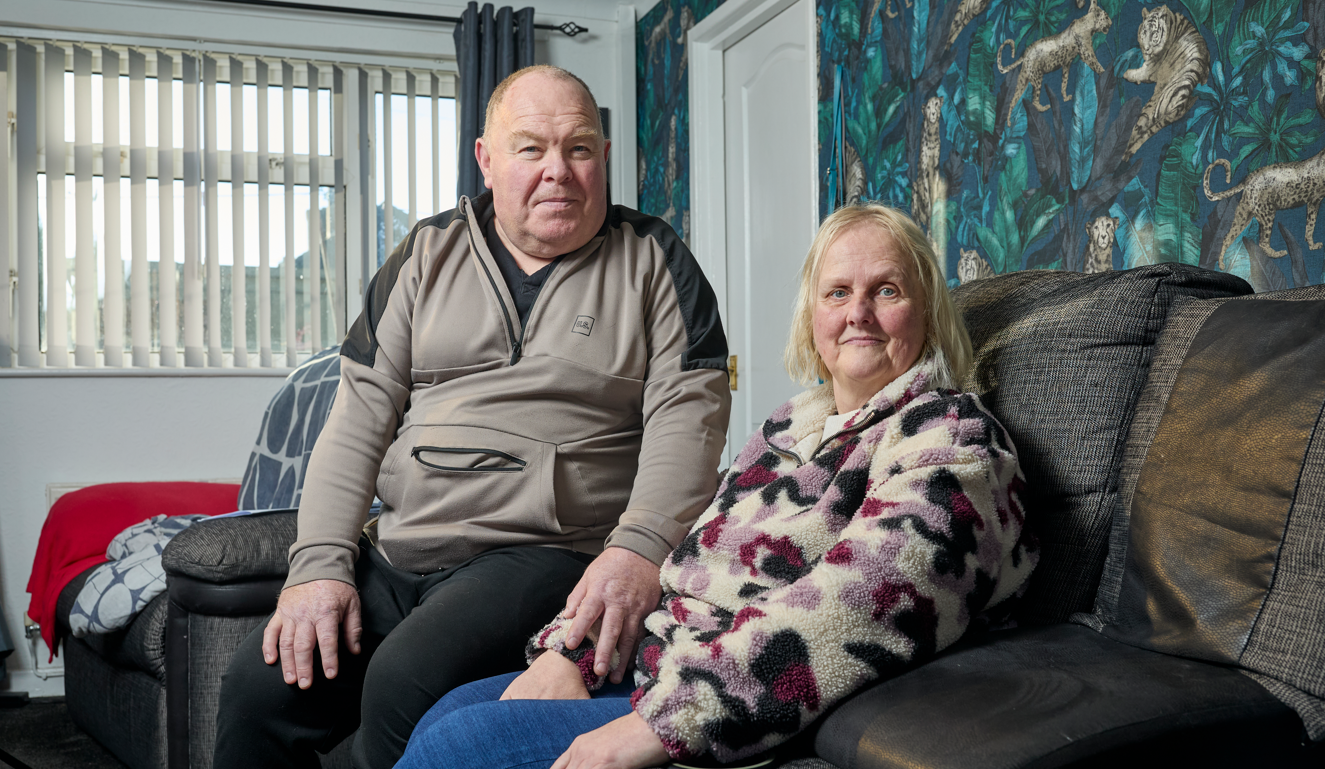Dementia Action Week
This Dementia Action Week, 19 - 25 May 2025, we will continue to raise awareness of the importance of an early diagnosis for people affected by dementia.

Dementia Action Week is an awareness raising campaign. Each year, Alzheimer's Society works with individuals and organisations across the UK to encourage people to act on dementia.
This year we are focussing on diagnosis and highlighting to audiences the most common symptoms of dementia.
If someone’s worried there’s something wrong – like I was – get a diagnosis. A quicker diagnosis means more peace of mind, then you can fight it.
Alzheimer's Society supporter
Help us to spread the word
Download Dementia Action Week resources including posters, flyers and banners to help spread the word about making dementia diagnosis a priority.




